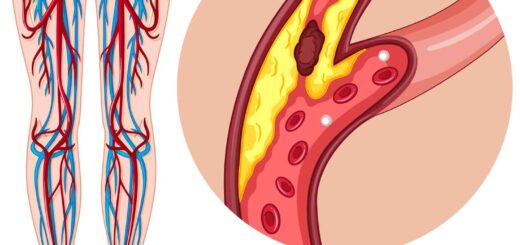Dulaglutide and incident atrial fibrillation or flutter in patients with type 2 diabetes: A post hoc analysis from the REWIND randomized trial

The atrial arrhythmias (AA), atrial flutter, or atrial fibrillation (AF) are the most common clinically significant cardiac arrhythmias. Diabetes was found to be an independent risk factor for AF. Glucagon-like peptide-1 receptor agonists (GLP-1 RAs) are supposed to cause an increase in heart rate. Hence, Peter J. Raubenheimer and colleagues conducted a study under the title “Dulaglutide and incident atrial fibrillation or flutter in patients with type 2 diabetes: A post hoc analysis from the REWIND randomized trial” published in The Diabetes, Obesity, and Metabolism journal. The summary of the study is given below:
Objective:
To investigate the occurrence of atrial fibrillation or atrial flutter (AA) in type 2 diabetes patients treated with once-weekly subcutaneous dulaglutide versus placebo.
Method:
This is a randomized study with patients confirmed with AA without electrocardiographic (ECG). In this REWIND trial, patients were assessed for the development of AA based on an annual ECG. Other analyses included whether dulaglutide versus placebo decrease the composite outcome of AA or cardiovascular death, AA or stroke, AA or heart failure, and AA or death.
Findings:
This analysis of data conducted from the REWIND trial concludes that treatment with dulaglutide was not related to a reduced incidence of AA in this at-risk group of type 2 diabetes patients.
Limitations:
The author acknowledges a few limitations of this study that includes the exploratory nature of the post hoc analysis, which should be interpreted with immense caution. Secondly, as the search was specific for AA episodes, Holter or other remote monitoring was not conducted. Hence, most cases of asymptomatic, paroxysmal AA might have got missed which might have reduced the actual rate of AA.
Image Credit : Hand photo created by jcomp – www.freepik.com






